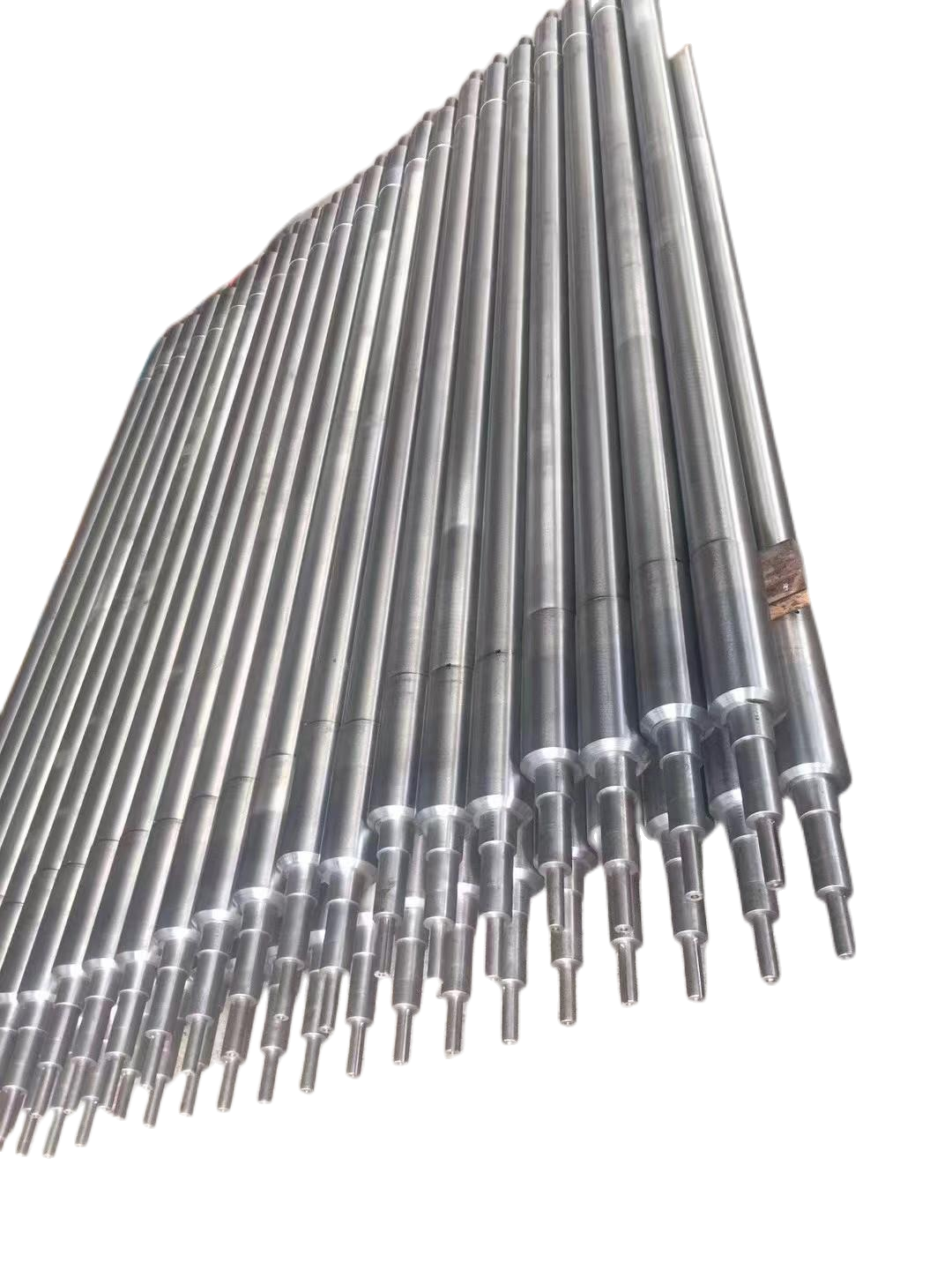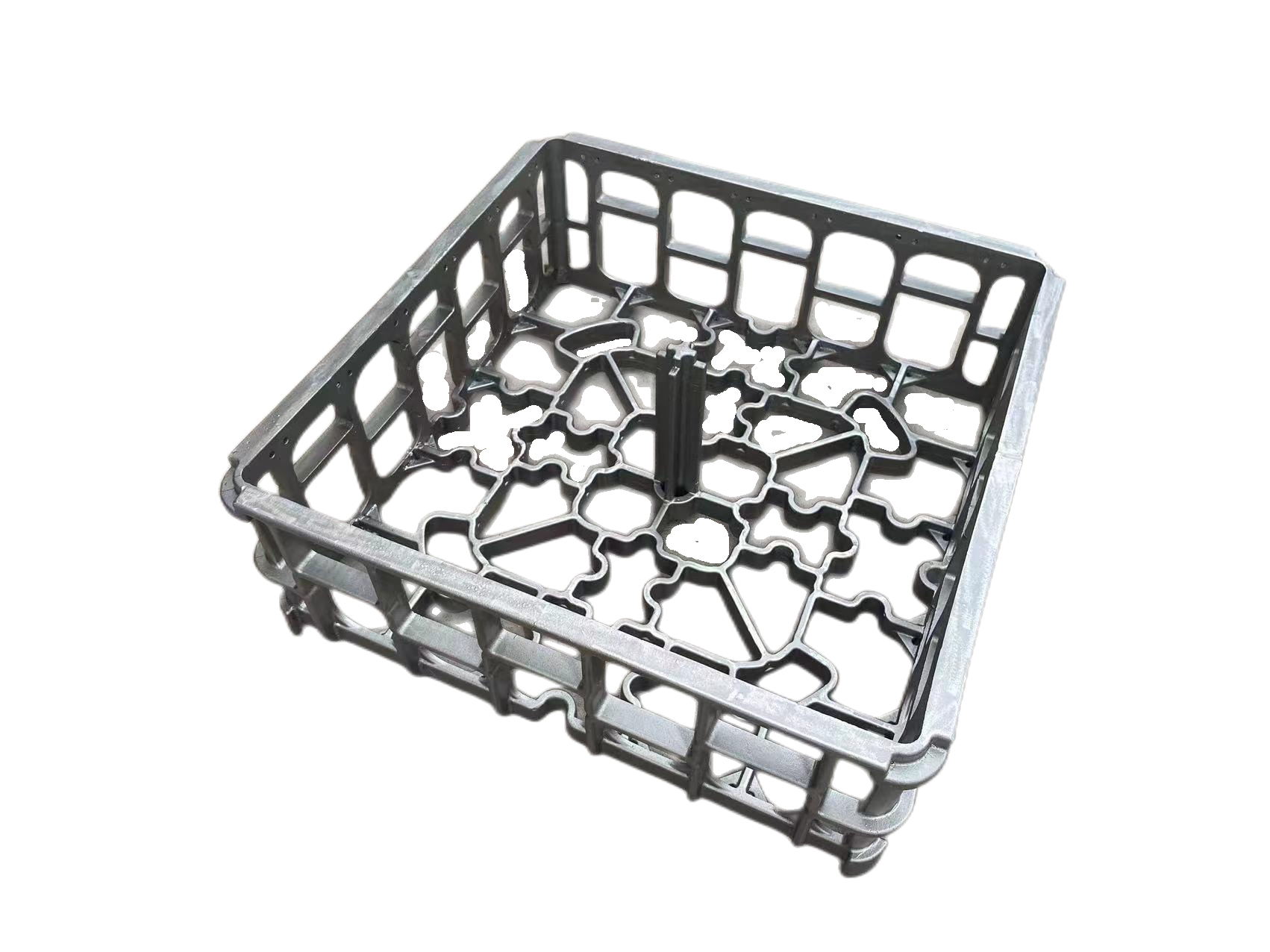casting mild steel
Casting mild steel represents a fundamental manufacturing process that combines precision engineering with cost-effective production methods. This versatile material, characterized by its low carbon content typically ranging between 0.05% and 0.25%, offers exceptional formability and weldability. The casting process involves melting the steel and pouring it into carefully designed molds, allowing for the creation of complex shapes and structures that would be difficult or impossible to achieve through other manufacturing methods. The material's balanced composition ensures optimal mechanical properties, including moderate strength, good ductility, and excellent machinability. In industrial applications, casting mild steel components are widely utilized in structural support systems, automotive parts, construction equipment, and general machinery. The process allows for both small-batch production and high-volume manufacturing, making it suitable for diverse industry needs. Modern casting techniques incorporate advanced temperature control systems and precise material composition management to ensure consistent quality and structural integrity in the final products. The material's adaptability to various finishing processes and surface treatments further enhances its versatility in different applications.

